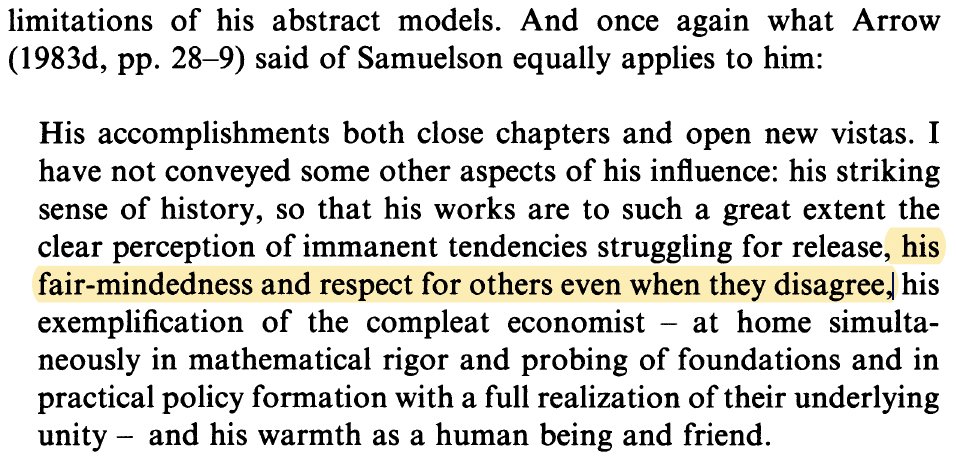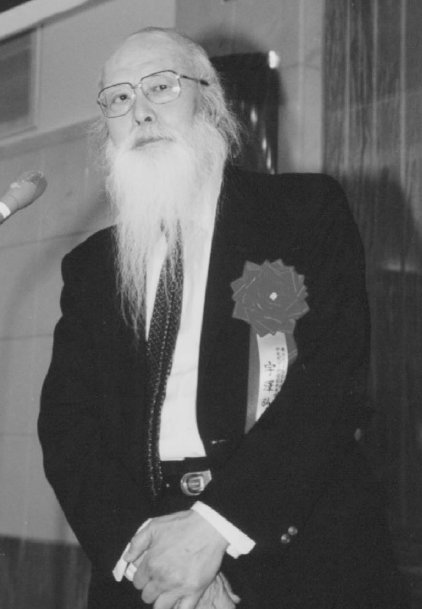
@undercoverhist.bsky.social
Historian of applied economics @CNRS @CrestUmr @Xdepeco.
4 subscribers
How to get URL link on X (Twitter) App


 2/n ...Donald Rusmfeld, Dick Cheney & Grace Arnett, membres de l’équipe du président Ford, & Jude Wanniski, journaliste au Wall Street Journal.
2/n ...Donald Rusmfeld, Dick Cheney & Grace Arnett, membres de l’équipe du président Ford, & Jude Wanniski, journaliste au Wall Street Journal. 
 Dans le 1er cas, il y a des désaccords profonds, souvent anciens, entre les ecos qui soutiennent les programmes présentiels, LR et NFP. Ils portent sur :
Dans le 1er cas, il y a des désaccords profonds, souvent anciens, entre les ecos qui soutiennent les programmes présentiels, LR et NFP. Ils portent sur :https://twitter.com/Lprochon/status/1773023384344904120Did the rise of experiment challenge these assumptions, then? and

 most discussions of friendships, while not delving into their consequences on science, emphasizes fair criticism
most discussions of friendships, while not delving into their consequences on science, emphasizes fair criticism


 Igersheim shows that economists initially expressed enthusiasm when the Theory of Justice came out:
Igersheim shows that economists initially expressed enthusiasm when the Theory of Justice came out: 




 2/ It means that we strive for *representativity*, not *exhaustivity*, aka that there is a lot of equally important heterogenous agent macro models that we don’t cover
2/ It means that we strive for *representativity*, not *exhaustivity*, aka that there is a lot of equally important heterogenous agent macro models that we don’t cover
https://twitter.com/paulkrugman/status/15816657585471774742/ For Tooze reflecting on @PMehrling ’s new bio of Kindleberger (and for K himself, as showed in his criticisms of Bernanke’s work on Great Depression ineteconomics.org/perspectives/b…), a good contribution to the theory of banking, money and financial crisis is institutionally exhaustive


 2/ Caveats: it’s a lot on valuing nature (rather than commodification and marketization), centered on economists’ tools & concepts rather than environmental policies per se, US/western male centric
2/ Caveats: it’s a lot on valuing nature (rather than commodification and marketization), centered on economists’ tools & concepts rather than environmental policies per se, US/western male centric
 2/ (by de Vroey cambridge.org/core/books/his… and Galbacs elsevier.com/books/the-frie… , this paper by Boianovsky offers good wrap-up papers.ssrn.com/sol3/papers.cf…)
2/ (by de Vroey cambridge.org/core/books/his… and Galbacs elsevier.com/books/the-frie… , this paper by Boianovsky offers good wrap-up papers.ssrn.com/sol3/papers.cf…)

 2/urban econ’s claimed prehistory is well known: Von Thünen on ag land, Weber on industry location, Lösch/Christaller on central places. Germany produced location theory stars. Yet yheories were brought to US by geographers like Ullman rather than econs & city was not core object
2/urban econ’s claimed prehistory is well known: Von Thünen on ag land, Weber on industry location, Lösch/Christaller on central places. Germany produced location theory stars. Yet yheories were brought to US by geographers like Ullman rather than econs & city was not core object 



 2/ A caveat: this is not a historical account, but a summary of Uzawa telling his own story in the wildest MD interview ever
2/ A caveat: this is not a historical account, but a summary of Uzawa telling his own story in the wildest MD interview ever 


 It began with a comment from Solow to Johnson, in the summer of 1953:
It began with a comment from Solow to Johnson, in the summer of 1953: